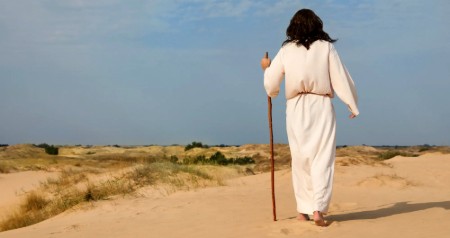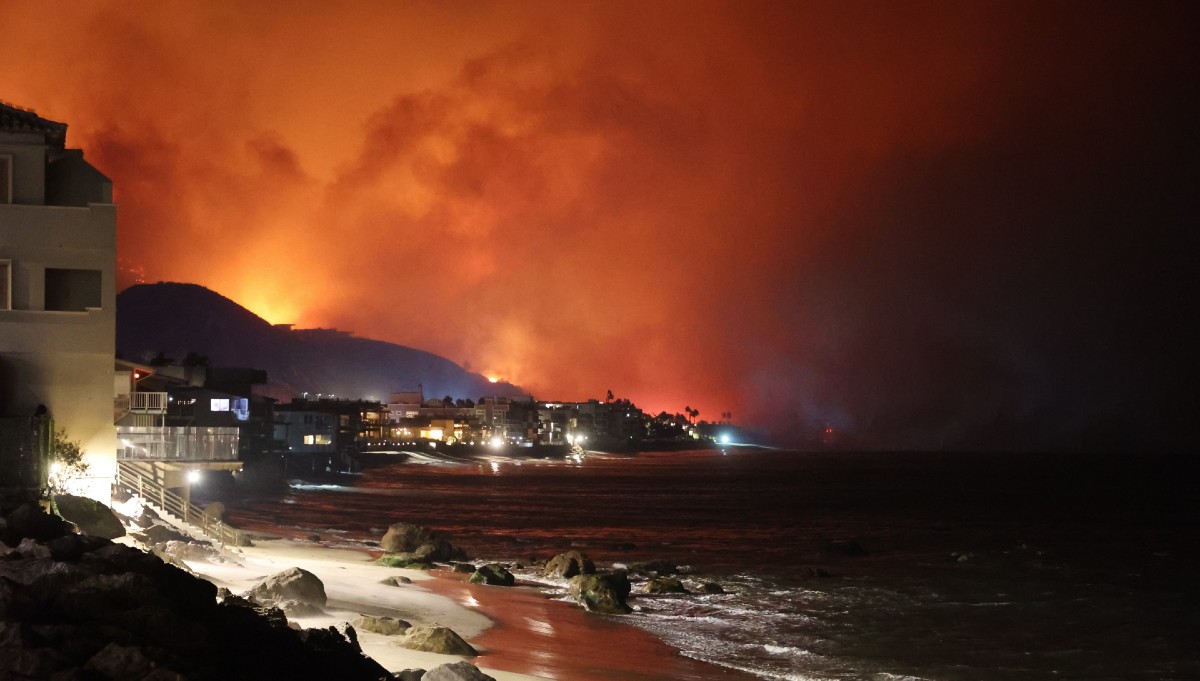 Dear readers, Catholic Online was de-platformed by Shopify for our pro-life beliefs. They shut down our Catholic Online, Catholic Online School, Prayer Candles, and Catholic Online Learning Resources—essential faith tools serving over 1.4 million students and millions of families worldwide. Our founders, now in their 70's, just gave their entire life savings to protect this mission. But fewer than 2% of readers donate. If everyone gave just $5, the cost of a coffee, we could rebuild stronger and keep Catholic education free for all. Stand with us in faith. Thank you. Help Now >
Dear readers, Catholic Online was de-platformed by Shopify for our pro-life beliefs. They shut down our Catholic Online, Catholic Online School, Prayer Candles, and Catholic Online Learning Resources—essential faith tools serving over 1.4 million students and millions of families worldwide. Our founders, now in their 70's, just gave their entire life savings to protect this mission. But fewer than 2% of readers donate. If everyone gave just $5, the cost of a coffee, we could rebuild stronger and keep Catholic education free for all. Stand with us in faith. Thank you. Help Now >
Cardinal: Events in India Sign of 'Christianophobia'
FREE Catholic Classes
What is happening in India and the episodes of anti-Christian persecution in Pakistan and Iraq emphasize how religious freedom is the cornerstone of the civilization of human rights.
Highlights
ROME (AsiaNews) - The sorrowful incidents of persecution taking place recently in India, Pakistan, and Iraq are bringing to the attention of political and cultural world the new "Christianophobia", and, through this, the problem of concrete defense of religious freedom. The president of the Italian bishops' conference (CEI), Cardinal Angelo Bagnasco, talked at length about the unjust attacks that many Christians are suffering in the world, when he opened the fall session of the permanent council of Italian bishops today in Rome.
(Proud to be Catholic? Show Your Support Right Now! Virtual Vigil of Prayer and Solidarity for the Persecuted Church in India. Please Sign the 'Catholic Action' Petition!)
In his address, the cardinal recalled how the pogroms began in India on August 23, in the district of Kandhamal in a state of Orissa, "under the pretext that the Christians there were responsible for some violent actions that are still not very clear, responsibility for which has been claimed by others (and later denied). But this was enough to launch a bloody campaign of intimidation that has caused dozens of deaths, not to mention those raped and injured, the assaults on churches (including the cathedral of Jabalpur) and convents, on orphanages and schools, driving tens of thousands of people to flee to the refugee centers or into the forests. In reality, all of this was unleashed - as is now clear - because of the work that Christians do in those areas on behalf of the people at the bottom of the social ladder, an initiative thought to be destabilizing by a certain social and political class".
"This is a scenario from a former time, now revived in a country that is ruled by a parliamentary democracy and cultivates great ambitions on the international stage. One asks oneself how it is possible for people to prevent their fellow citizens from being helped in their poverty, solely out of the fear that an affinity will develop that is mistaken for proselytism. And yet, for weeks the acts of violence have continued in defiance of the law, with the impunity of those who commit them, amid disinformation from the national press, amid the embarrassment of local politicians, and to the near silence of the international community. "Only now", the cardinal continued, "is something beginning to happen, but it is clearly insufficient given the gravity of the situation. Only the pope, beginning on Wednesday, August 27, has spoken out in a timely and clear fashion, and the governing committee of the CEI has thought it necessary to join him by setting Friday, September 5, the liturgical feast of Blessed Maria Teresa of Calcutta, as a day of prayer and penance, in solidarity with a similar initiative launched by our brother bishops in India".
"During the same days as the violence in India", continued the president of the Italian bishops, "and while intolerance and marginalization against Christians has been denounced in neighboring Pakistan, the Calvary to which Christianity in Iraq has been subjected for too long has come back into focus. In Iraq, two more Chaldean Catholics have been killed, the most recent links in a chain of violence underway for more than four years, and which last March saw the death of the archbishop of Mosul himself, in the context of a genuine "religious cleansing" that is leading to the decimation of a community that, five years ago, counted one million faithful, and has now been cut in half, following the emigration to nearby countries".
After recalling these events, Cardinal Bagnasco asserted the urgency of "new, vigorous attention on the part of politicians, intellectuals, and the public to the theme of religious freedom as the cornerstone of the civilization of human rights and as the guarantee of authentic pluralism and true democracy. Could it not be that, in the light of recent events, Alexis de Tocqueville was right in asserting that 'despotism does not need religion, but freedom and democracy do' (Democracy in America, I,9)? Religious freedom, in fact, is not a more or less genteel option granted by the state to its most insistent citizens, nor is it a concession that can be paternalistically traced back to the principle of tolerance. It is, instead, the cornerstone of freedom, and the ultimate criterion of the protection of liberties, in that it is inscribed in the transcendent nature of the person and in the person's freedom from manipulation by any regime or doctrine. With this, we wish to unite ourselves with the anguished appeal recently issued by Archbishop Mamberti (editor's note: Vatican secretary for relations with states), when, highlighting the phenomenon of 'so-called Christianophobia', he intended 'in a constructive spirit' to emphasize the risks setting down roots in our midst, in Europe itself, citing 'the separation of religion from reason, which relegates the former exclusively to the world of the emotions, and the separation of religion from public life' (Protezione e diritto di libertŕ religiosa, address at the Meeting di Rimini, August 2008). There is, in fact, a conceptual derivation between the careless practice of relativism, anti-religious and anti-Christian excesses, and the cultural and ethical regression of society".
Join the Movement
When you sign up below, you don't just join an email list - you're joining an entire movement for Free world class Catholic education.
-

-
Mysteries of the Rosary
-
St. Faustina Kowalska
-
Litany of the Blessed Virgin Mary
-
Saint of the Day for Wednesday, Oct 4th, 2023
-
Popular Saints
-
St. Francis of Assisi
-
Bible
-
Female / Women Saints
-
7 Morning Prayers you need to get your day started with God
-
Litany of the Blessed Virgin Mary
Introducing "Journey with the Messiah" - A Revolutionary Way to Experience the Bible
-

Catholic Response to Devastating Los Angeles Wildfires
-

Federal Court Blocks Biden Administration's Gender Identity Rule
-
A Future for Life: Introducing the Winners of the Priests for Life Pro-Life Essay Contest
-
Reflections on Pope Francis' 2025 World Day of Peace message
Daily Catholic
 Daily Readings for Friday, January 10, 2025
Daily Readings for Friday, January 10, 2025 St. William of Bourges: Saint of the Day for Friday, January 10, 2025
St. William of Bourges: Saint of the Day for Friday, January 10, 2025 Prayer for a Blessing on the New Year: Prayer of the Day for Tuesday, December 31, 2024
Prayer for a Blessing on the New Year: Prayer of the Day for Tuesday, December 31, 2024- Daily Readings for Thursday, January 09, 2025
- St. Adrian, Abbot: Saint of the Day for Thursday, January 09, 2025
- St. Theresa of the Child Jesus: Prayer of the Day for Monday, December 30, 2024
![]()
Copyright 2024 Catholic Online. All materials contained on this site, whether written, audible or visual are the exclusive property of Catholic Online and are protected under U.S. and International copyright laws, © Copyright 2024 Catholic Online. Any unauthorized use, without prior written consent of Catholic Online is strictly forbidden and prohibited.
Catholic Online is a Project of Your Catholic Voice Foundation, a Not-for-Profit Corporation. Your Catholic Voice Foundation has been granted a recognition of tax exemption under Section 501(c)(3) of the Internal Revenue Code. Federal Tax Identification Number: 81-0596847. Your gift is tax-deductible as allowed by law.






 Daily Readings for Friday, January 10, 2025
Daily Readings for Friday, January 10, 2025 St. William of Bourges: Saint of the Day for Friday, January 10, 2025
St. William of Bourges: Saint of the Day for Friday, January 10, 2025 Prayer for a Blessing on the New Year: Prayer of the Day for Tuesday, December 31, 2024
Prayer for a Blessing on the New Year: Prayer of the Day for Tuesday, December 31, 2024

